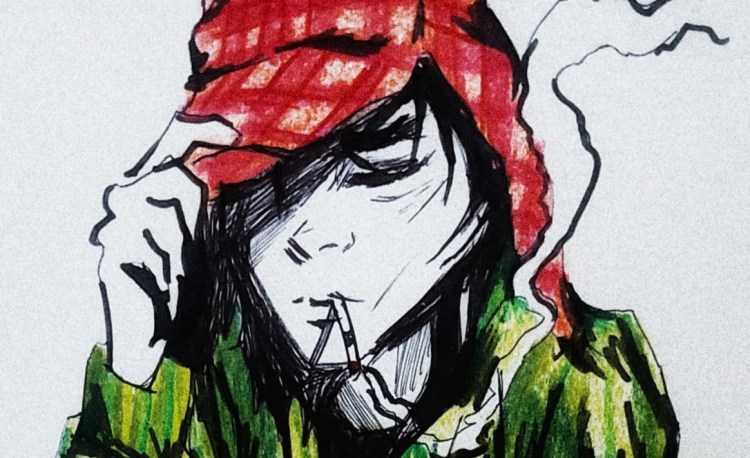The Catcher In The Rye
- Category: Literary Works that were Banned
- Posted By: man@webspiders.com

“The Catcher in the Rye” by J.D. Salinger has faced numerous bans and challenges in schools, primarily due to its explicit language and mature themes. It is no secret that Holden Caulfield, the novel’s teenage protagonist, had a knack for profanity. Critics gasp at every “goddamn” and “phony,” as if the novel comes with a parental advisory sticker cautioning readers about the perilous path of using words that are not fit for a 1950s sitcom. The horror lies in exposing delicate high school ears to the linguistic acrobatics of a disillusioned teenager!
Detractors argued that the novel’s content was inappropriate for students, fearing that its exploration of teenage angst and rebellion might sow seeds of unrest or encourage behavior deemed unsuitable. The portrayal of authority figures and societal expectations in a cynical light also drew criticism, with concerns that Holden’s rejection of conventional norms could lead teenagers to question and reject authority without understanding the broader context.
For me, navigating the controversial landscape of “The Catcher in the Rye” was an eye-opening journey. Its exploration of adolescence resonated deeply and Holden’s rebellious spirit struck a chord. The novel’s ability to make me question societal norms was both liberating and unnerving, prompting me to grapple with the complexities of teenage emotions and rebellion against the status quo.
While I did appreciate the literary merit and insightful portrayal of adolescence, I could not escape the explicit content and rebellious themes that had led to the censorship of the novel in some educational institutions. It made me reflect on the delicate balance between exposing students to thought-provoking literature and the responsibility of maintaining a safe learning environment.
In the end, “The Catcher in the Rye” stands as the renegade of the literary world, banned in some places and challenged in others. As I read on, I could not help but feel a connection with Holden’s mischievous smirk from the pages—an ironic acknowledgment of the attempts to suppress the laughter and lessons concealed within its rebellious prose. After all, who wouldn’t want to be part of the league of the banned and the hilarious?
– Arushi Bothra
XI S2
"To succeed in your mission, you must have single-minded devotion to your goal." - Dr. APJ Abdul Kalam
Discover the Latest Happenings at Our School: Our Digital Bulletin Board





